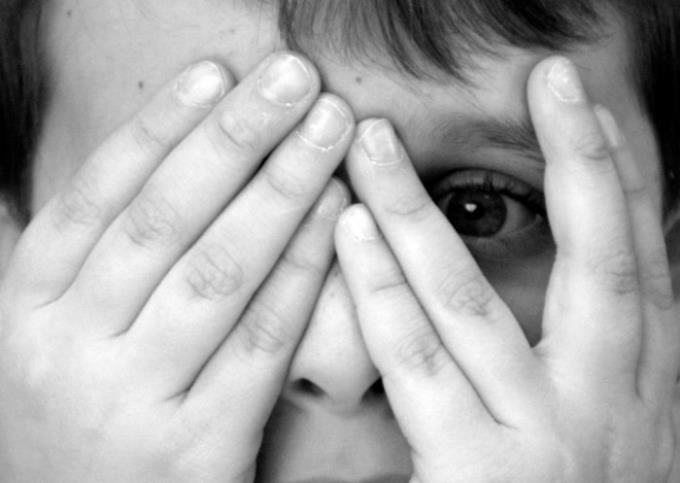Depending on the age, children will be afraid of many different things. These fears are proof of a child's healthy and normal development over time. To help your child overcome his fear, parents should be patient to reassure the baby.
1 / What are babies (8-12 months old) afraid of?
At this age, babies know how to distinguish between known or unknown situations. The feelings of anxiety and panic in seeing parents leave the room peaked at 8-9 months old. The appearance of strangers can scare your baby during the first 2 years. The sudden or the sudden thing sometimes frightens a child.
2 / What are toddlers and preschoolers afraid of?
Children at this age have a very rich and vivid imagination. It is really difficult for children to find the difference between reality and fantasy.
- By the age of 3, the baby will be less clingy to parents. If the child is still inseparable and is always worried about being away from his parents at this time, you should see a doctor for psychological advice of the child.
- Children often imagine scary things came out of the dark or grim mask. This fear often arises when the child goes to bed, see the doctor. Children are also sometimes upset and panicked when hearing loud noises. Parents should not tease their children because of these things.
-Children are also very specific thinkers, so when parents tell a story, they all believe it to be true. Therefore, parents remember to be careful with their words to avoid affecting their children.
-Baby often wakes up in the middle of the night because of nightmares. Don't forget to reassure your baby of a bogus dream and to comfort him or her back to sleep. Your baby will completely forget this after waking up.
3 / Children 5 years old and older are afraid?

Don't make fun of a child's fear
-The 5-year-old's fears are more realistic, it could be fire, storm, or injury. However, when children go to school and are taught many things, they will "release" these fears because they understand how to cope.
- Older children often worry when their parents quarrel, sick.
-The media also infuses children with many fears from movies, video games, music videos, even news broadcast on television.
Children can express their fear by: biting their fingernails, shaking, sucking their thumb or "picking up" a little urine Your baby will not confide in his parents his fears, and instead parents should observe the baby.
4 / What can parents do to help their children overcome their fears?
-Do not force your child to deal with his fear when he is not ready.
-Let your baby get used to the situation that worries him slowly and slowly. Praise your child when he or she is able to do things he used to fear.
- Respect the feeling of fear of the baby, definitely not bring it out to threaten or joke.
- Expect things that might scare your baby and help prepare them.
-You should tell your baby a story to prove your fear is not big and can be overcome.
-Help your baby feel more secure by holding baby's hand tightly, holding him in his lap, as long as he feels close.
- Try to stay calm in all situations, parents' startles or panic can directly affect the child.
- Restrict exposure to television, movies, and violent games.
5 / What to do when your baby is haunted?

Help your child dispel their fears (P.1) Along with many other things, fear will always accompany and grow with the child. If you love you, if you don't want the baby to be startled or frightened about something, you have to learn how to dispel your fear.
Obsession is different from fear . Toddlers may experience phobias if they have experienced an event such as choking or almost suffocating. If the baby is always afraid of the same things and shows no signs of diminishing, constantly staying in the child's mind, the mother should take him to the doctor.
Also, take your baby to the hospital right away if his or her fears interfere with all day activities or the baby spends most of the day frightening.













